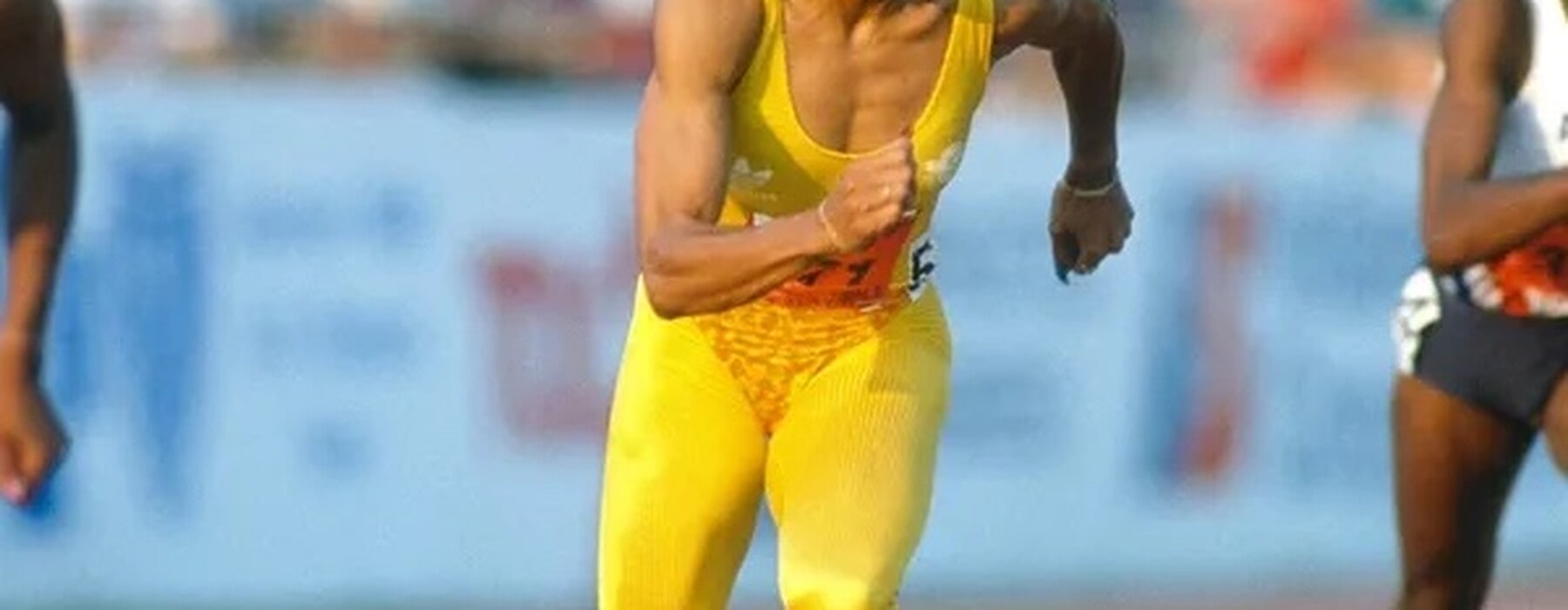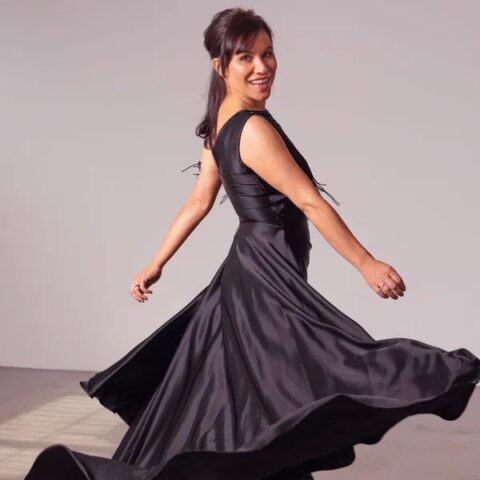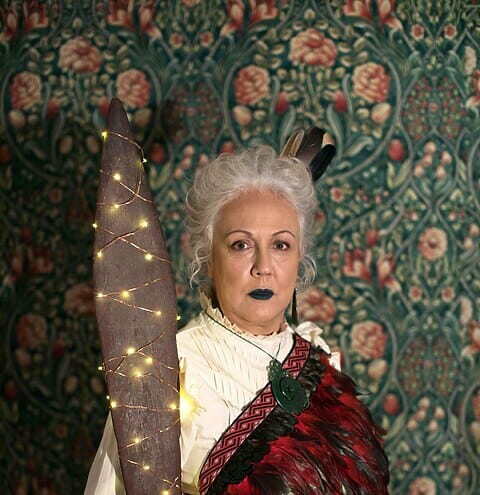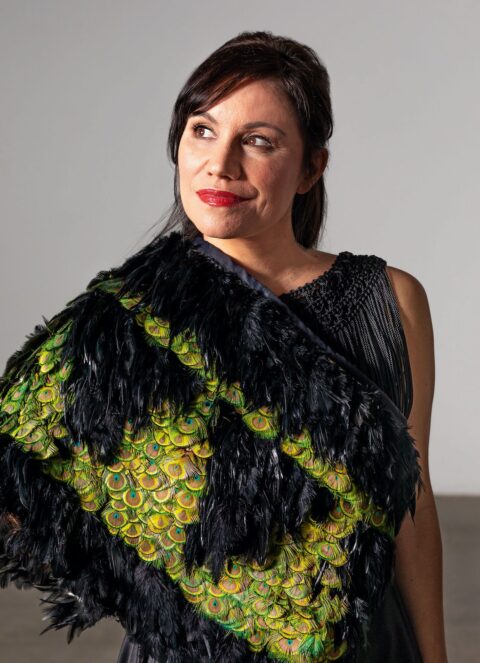Veteran sports writer and New Zealand’s first female rugby commentator, Rikki Swannell, explains why sport can become a healthy obsession.
Nothing can compare to the buzz of watching a great sporting feat or a rare moment in history being written in front of your eyes. It’s why, instead of taking the chance to be at a restaurant for the first night in months, I spent the first day of our new freedom glued to the goings-on in Mumbai where Ajaz Patel weaved his way into the record books.
It is remarkable enough that only two other people in the entire history of cricket have achieved what the Black Caps bowler did on that Friday night – 10 wickets in an innings. To then remember that this occurred in the city of his birth while playing for the country his father chose in the hope of greater opportunities, shows the layers that can be peeled back to take any sports story beyond wickets, or tries, or goals.
I don’t remember exactly how sport infused itself into every strand of my life but I remember when. It was 1988 and involved a video tape montage, a netball and a pet rock. For those under a certain age, I promise you both video tapes and pet rocks were things in the ’80s.
The video montage, set to the song Cry, was of the Seoul Olympics; Florence Griffith-Joyner “Flo-Jo” with her splendidly long nails and flowing locks powering home in the 100 metres final, Barbara Kendall leaping onto the podium to accept her gold medal, and an epic race in the pool which means I’ll always know where Suriname is thanks to the feats of Anthony Nesty. I wore that tape out, watching and rewatching those moments.
The aforementioned netball was hidden away in the clothes drier and I was directed to find it by the hosts on Radio Windy as they read out the daily birthday calls. The pet rock? Well that’s a little harder to explain, but all these little things remain vivid in my brain years later and are the memories I pinpoint when asked when my love of sport began.
Even when I could have let it slide, when being a teenage girl whose Dad drove her from Tauranga to Wellington to watch five days of test cricket was really a terribly uncool thing to do, the love of the game never wavered. And it could be any game; rugby, cricket, league, netball, football, hockey, Olympics, Commonwealth Games, World Cups – you name it, I watched it. A note was sent home when I was 12: “please could you ensure Rikki doesn’t stay up watching the Cricket World Cup, she is coming to school too tired.” My parents, thankfully, didn’t abide.
A life in sport has never seemed strange because it’s just what we did. Summers at Kinloch meant a trip to Owen Delany Park to watch domestic cricket, or it was a TV set up in a tent awning at Lake Rotoma to watch the NPC rugby final.
Dad did a lot of the heavy lifting of buying tickets and driving around the country. But it was the women in my life; my mum, my nana and my aunty who made me feel that a career in sport and being a woman in sport, was not only achievable but a completely obvious and logical path for me to follow.
Those three were all great athletes in their day, whereas I realised early on that being rather stout of thigh and with little inclination to run anywhere but towards the fridge, my role was always going to be off the field. Be it good luck, good management or a dose of hard work and a desire to make it happen, sport is now imprinted in my soul.
But we’ve seen in the last few years that it’s not all good. Sport is big business; it can be ruthless and cut throat, inherently political with a side of personal agendas. For every smiling and joyous tearful moment there are many, many others who never get to experience that, who don’t “make it”, and for whom the tears are bitter. They’re the ones who get spat out the other side and, while still in their 20s, have to find a whole new purpose. Often the word ‘tragedy’ gets thrown around in sports commentary without thought. A dropped catch, a missed tackle, a close loss are not and never will be tragedies, for we have seen this year the genuine and real toll it can take on our people.
I also know sport isn’t for everyone and I’m sure the fact Woman is even dedicating a column to it makes some of you recoil. There is lots of testosterone, plenty of mansplaining, and frustrating inequalities. There are many rules on and off the field, it can be confusing and infuriating, riddled with cliches and unnecessary outrage, it dominates parts of our society to the point of being ridiculous at times.
But I also know what it has given me. My oldest friends are many of the girls I played sports with through school. My closest confidants are those I’ve met as an adult – the women whose names you won’t know, but who are at the coal face of sport in this country and believe in it. I consider many of the names you do know as friends and mentors, despite a media system that tried, and failed, to pit us against each other.
I’m in awe of the sports women of Aotearoa and am proud to tell their stories and help them get the acknowledgment they deserve. Studies will show that their media coverage has improved and that sponsorship is increasing, but in reality the pace of change in many areas has been glacial.
The community of people in what we broadly call “women’s sport” is enthusiastic, tireless and welcoming; women and men who do amazing things for at times little reward and even less recognition. So even if you’re not into the games themselves, I hope that you’ll stop by each month and maybe find out a little as to why, despite all its faults, I’ll never shake the joy the unscripted drama of sport can bring.








